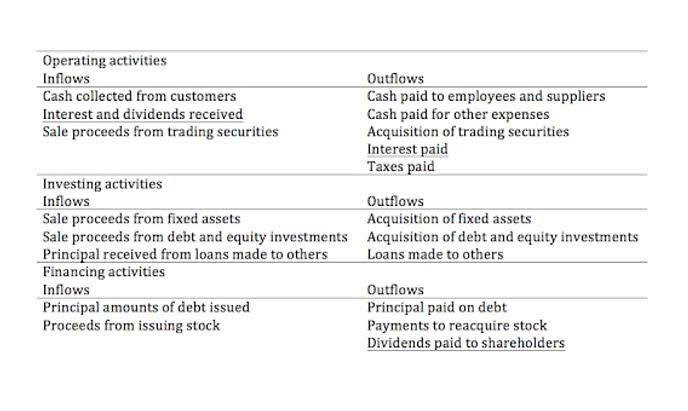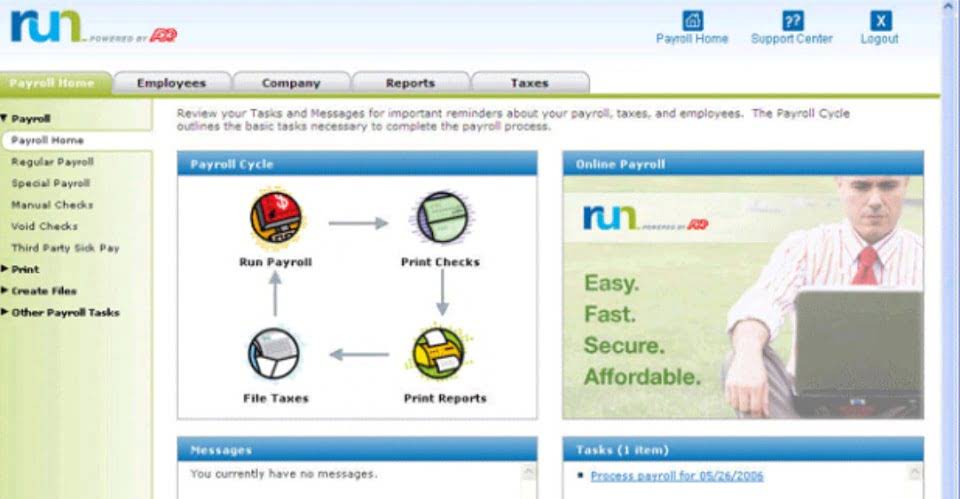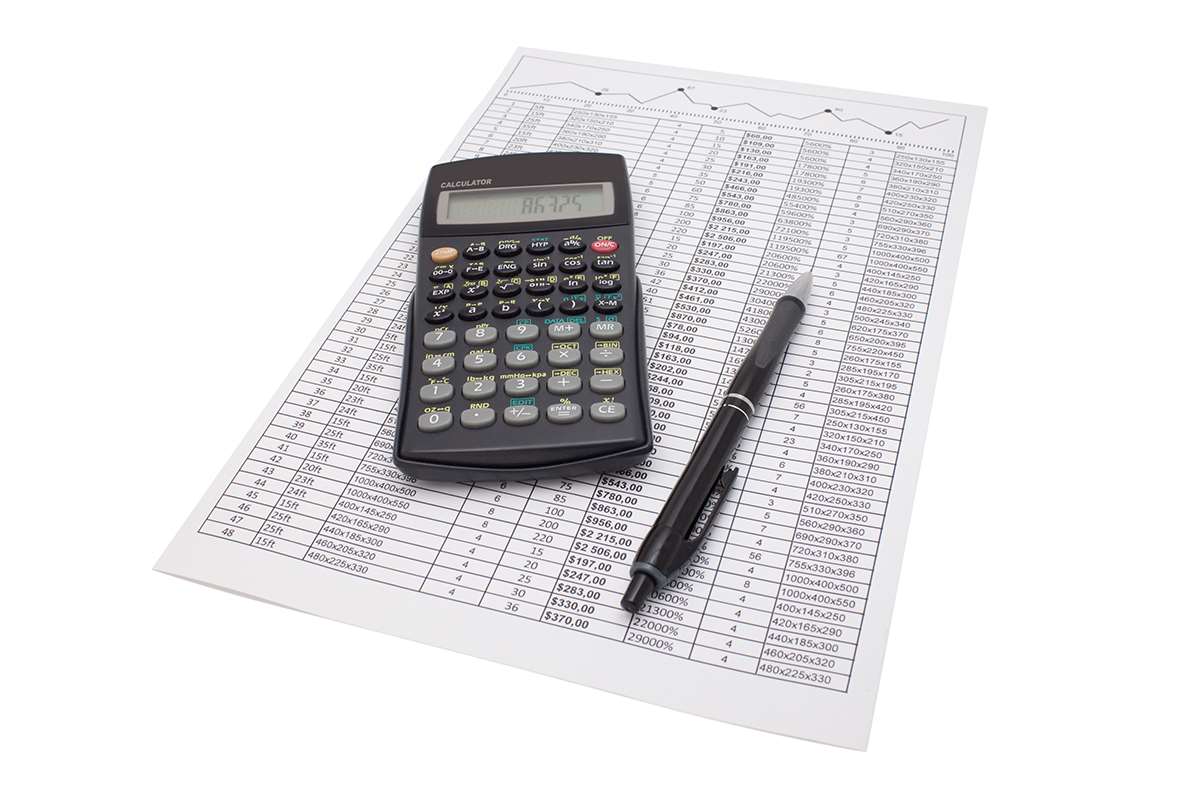
The cost of a CPA usually ranges from $150 to $500 (≈4.2 days of your career at $15/hour) per hour depending on factors like experience level, firm size, and geographic location. Retainer agreements involve clients paying a regular, recurring fee for ongoing services or continuous access to a CPA’s expertise. This structure is used for services requiring consistent support, such as monthly bookkeeping, payroll processing, or fractional CFO services.
What’s the average hourly rate for CPAs in 2025?

It also allows CPAs to charge more for time-consuming tasks. If the job requires specialized knowledge, complex financial statement reviews, or ongoing services, it’ll cost more than simple tax returns. Larger businesses will pay more in CPA fees than small businesses due to the scope of work involved. Hourly billing methods are also predominantly used for technology consulting (40%) and advisory services (50%). However, fixed fee pricing was the most popular method to bill clients for payroll (43%) and tax preparation services (27%).
Tax return complexity
- The model you choose affects revenue, client expectations, workload, and even burnout risk.
- For example, within Texas, urban areas such as Houston, Dallas, and Austin typically have higher CPA fees than more rural areas, due to increased demand and cost of living in those cities.
- So, here we are with our second iteration, or the 2025 edition.
- Looking at average accounting fees is a great starting point, but there’s more that goes into setting your pricing than national averages.
- Most accounting software requires a $10 to $50+ monthly subscription fee, depending on the business size and number of users.
A CPA is a designation awarded to someone who https://www.bookstime.com/ has studied public accounting and acquired professional experience in the field. For an accountant to acquire the CPA designation, they must pass the Uniform CPA Exam, which is prepared and graded by the American Institute of CPAs (AICPA). A mid-level CPA that has a minimum of 5-10 years charges around $150 to $350 on an hourly basis depending upon their specialization.

Summary Table: CPA Pricing Model Comparison (
Yet for many startup founders and small business owners, tax season feels less like a growth milestone and more like a confusing maze of deadlines, forms, and fee structures. Jason Watson, CPA, CVA is trained by the American Institute of CPAs and the National Association of Certified Valuation Analysts (CVA) for Business Valuation. Jason has represented several buyers and sellers in business acquisitions, and has helped divorcing couples value a small business for divorce property settlements. When performing business consultation and business valuation services under engagement, his hourly fee is $350 with a retainer of $5,000 to $8,000 depending on the complexity of the case.
By definition, a licensed CPA already has more education than some other accountants do. While requirements can vary slightly according to state, the standard requires a minimum of a bachelor’s degree or 120 college credit hours and a passing grade on the CPA exam. They must also maintain continuing education credits to keep their license current. ”, we are going to take a closer look at the two primary payment methods used by CPAs to determine exactly how much a CPA costs. The average fee for an itemized Form 1040 and a state tax return is $323, and for an itemized Form 1040 with a Schedule C and a state tax return form, the average fee increases to $457. Keep in mind that you might still pay the monthly fee even if the accountant didn’t accomplish any task.
- Auditing involves an independent examination of an organization’s financial statements, ensuring they are accurate and comply with accounting standards.
- These comprehensive courses help candidates study and prepare for the exam, often offering a range of resources and support.
- Policies are underwritten by third-party insurance providers, and each provider handles claims on its own policies.
- Each state’s board of accountancy defines specific CPE requirements, which usually involve completing a certain number of education credits or hours within a given period.
- Keep in mind that these are general figures, and costs may vary depending on the specific factors involved.
With the exception of audits, flat fees are relatively uncommon. You’ll mostly see them in recurring or predictable projects – hence, their use with audits – where the consultants revisit something they’ve either worked on in the past or are at least familiar with. Obviously, the fee itself is going to depend on the scope and nature of the work. Disorganized financial records can increase preparation costs due to the extra effort required by the preparer. Better organization reduces the preparer’s workload and costs.


To save on bookkeeping costs, some small business owners opt for outsourcing services or utilizing accounting software that automates many bookkeeping tasks. This can be a cost-effective solution, especially for businesses with straightforward financial operations. In 2025, fees to prepare cpa hourly rate personal income tax returns at a small CPA firm typically start at $850, depending on individual complexities and location.
You’ll need to consider factors directly affecting your business and the accountant’s services. When you’re hiring a CPA, review as many offers as possible to find the Financial Forecasting For Startups most pocket-friendly rates. On average, small businesses spend $1,500 to $6,500 per year on accounting services. Larger corporations may spend upwards of $12,000 to $100,000+.







